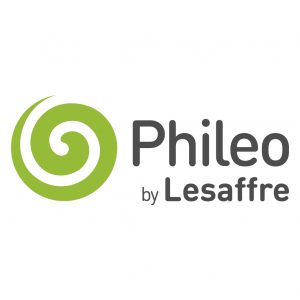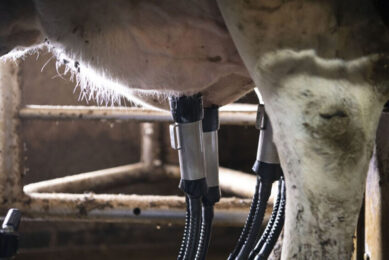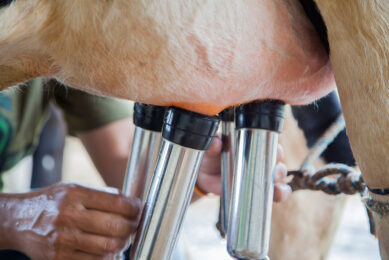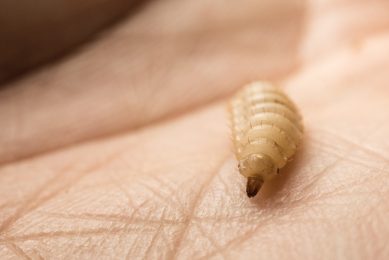Probiotics recognised in France as antibiotic alternative
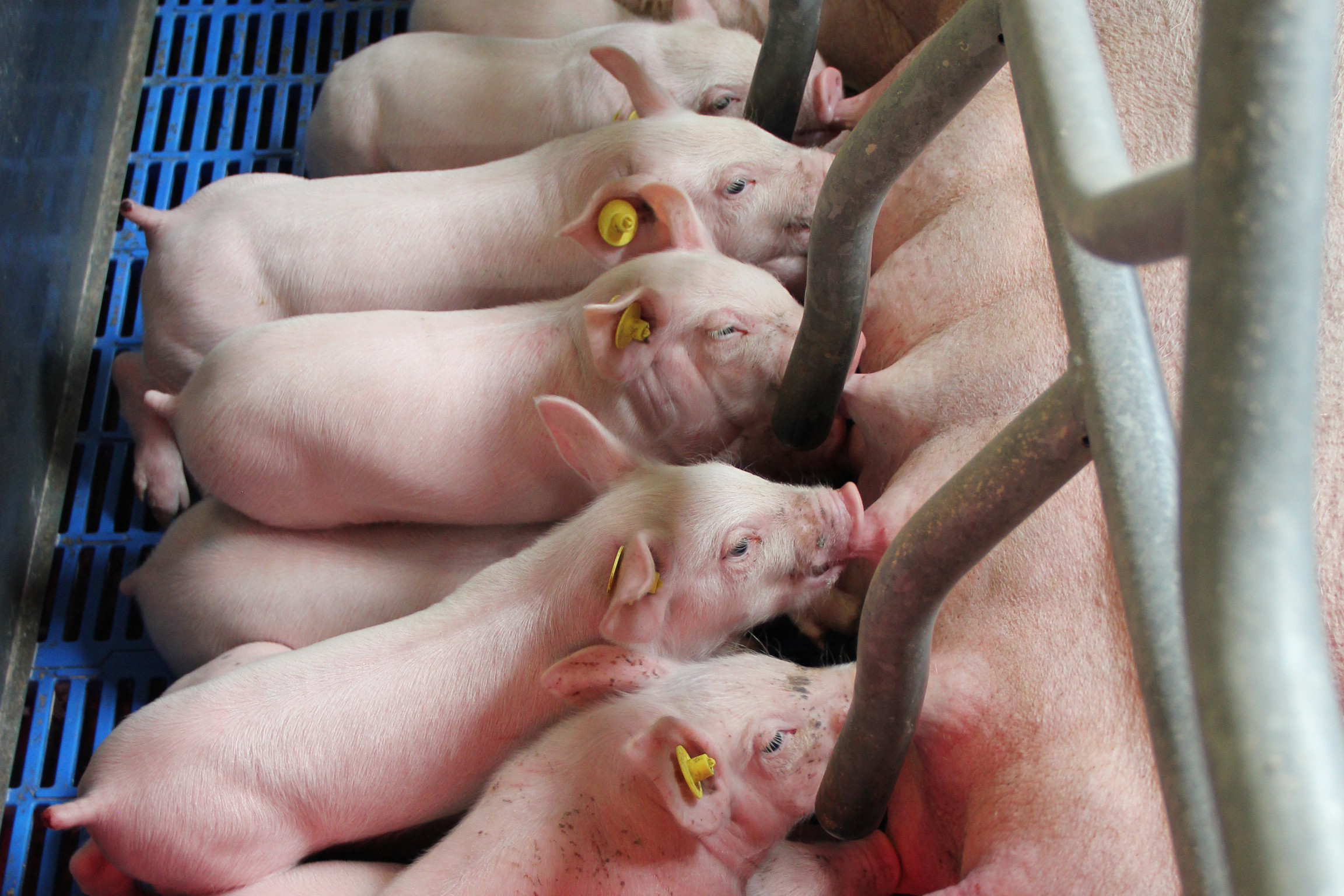
Yeast and yeast fractions have been identified as safe and efficient alternatives to antibiotics by ANSES*, the French Agency for Food, Environmental and Occupational Health & Safety.
ANSES recently published a report reviewing the efficacy and safety of alternatives to antibiotics in animal husbandry, examining a broad range of potential solutions.
Effective antibiotic reduction solution
The report was based on an inventory of numerous commercial substances, all of which have been claimed to offer a solution to help reduce the use of antibiotics in animal production. ANSES rigorously selected the most relevant scientific claims, using a proven assessment methodology.
After subsequently examining hundreds of scientific publications, ANSES then selected a small number for further study with the aim of identifying the most effective antibiotic alternatives for future use in animal production.
New milestone reached
The French agency report marks a new milestone in antibiotic reduction analysis. This includes its impact on Phileo’s on-going work and strategy; with Saccharomyces cerevisiae (Sc) yeast being named as one of only a few efficient and safe solutions.
The report especially recognised the quality of the scientific data supporting the use of Actisaf, produced by Phileo, in swine. From 36 selected scientific publications dealing with digestive disturbance in weaning piglets, for example, 10 mentioned probiotics, and relied on the beneficial effects of yeast to help support piglet health.
Protection for weaning piglets
One major published study, which compared Sc yeast and Colistin, showed that when supplemented as a preventive solution, Sc yeast helped to deliver high protection to weaning piglets. Trevisi et al. (2015) recorded 70% survivability with Actisaf in piglets challenged with E.coli, compared to 90% with Colistin or 30% with no supplementation.
In addition, when used as a preventive supplement in sow feed, the yeast product improved protection for suckling piglets. Zanello et al. (2013) recorded a significant increase of IgG concentration in colostrum and plasma of piglets when sows were supplemented with it. Preventive supplementation also helped to reduce neonatal diarrhoea in piglets by 25% and increased the litter size by 0.4 piglets.
Lower pathogen shedding
This alternative solution to antibiotics was also recognised to be efficient in reducing the risk of contamination from pathogen shedding. After being challenged with an enterotoxigenic K88 E.coli, weaned piglets supplemented with the yeast product presented a significantly lower shedding than the control group. This was associated with less diarrhoea and better performances.
The Agency concluded that “probiotics in swine could contribute to reduced antibiotic usage” giving them a high level status as a preventive treatment.
Benefits recognised in rabbit performance
Sc yeasts were also recognised as efficient alternative solutions to antibiotics in rabbit production. Here, being an area where a large amount of antibiotics are used, it was interesting to note that live yeast can support rabbit zootechnical performance. Belhassen et al. (2016) recorded lower mortality, related to enterotoxaemia in doses whose feed is supplemented with Actisaf compared to a control group (resp. 4% and 27%, P<0.05).>
Figure 2 – Effect ofActisaf in sow and weaned piglet feed on the percentage of E. coli K88 in the total E.coli population after severe experimental challenge.

ANSES also examined the safety of the selected products. In reviewing 8 live yeasts, for example, only the 3 Sc yeast items present were considered safe for animals, consumers and the environment.
Proactive response to antibiotic reduction
The complete ANSES report urges the animal husbandry industry to be more proactive in reducing the use of antibiotics. According to the report’s initial conclusions, the probiotic family is promising with the potential to help reduce antibiotic use, especially when supplemented as a preventive solution.
The methodology developed by ANSES to assess new reliable scientific data and characterise efficient alternatives is also of value. In the near future, in fact, ANSES may be able to recommend “specific status” products which can contribute to reducing antibiotic usage.
*ANSES : Agence nationale de sécurité sanitaire de l’alimentation, de l’environnement et du travail


